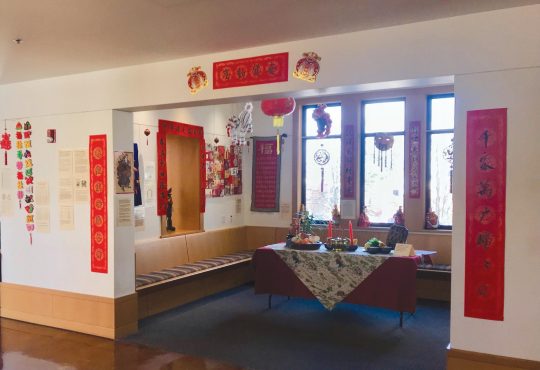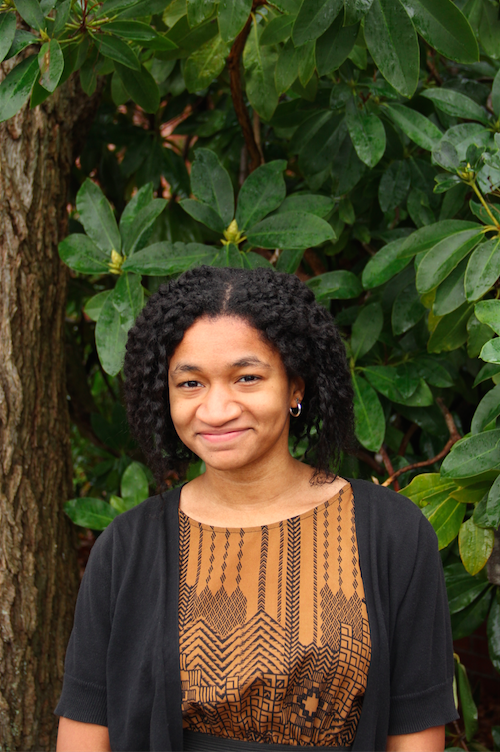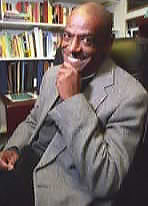
By Kylie Gurewitz and Sofia Vazquez
The Asian Studies department at Puget Sound is led by almost 20 professors from nine different academic departments. The director of the department is international political economy professor Nick Kontogeorgopoulos.
“In terms of the goals of the Asian Studies Program, we hope to encourage students to become familiar with the cultural traditions and contemporary societies of Asia, and understand those cultures and societies within the Asian and world contexts” Kontogeorgopoulos said.
The department has a clear international focus, but also looks at local connections: “We are naturally placed to focus on Asia on this campus for several reasons. First is the connection between the West Coast of America and Asia—both historically for immigration and now for the economic connections. Tacoma has its own particular history, with the expulsion of the local Chinese population in the 1800s, and the nearby internment camps that housed Japanese-American families during World War II,” Kontogeorgopoulos said in an interview on the Puget Sound website titled “Asian Studies 101.”
Over the year, the department has grown in many ways; the course offerings, faculty and scope have all expanded over the years. The program offers majors in Chinese and Japanese, as well a new interdisciplinary minor in Asian studies. The department also hosts the annual Southeast Asia Symposium.
Additionally, the Asian studies department sponsors many study abroad programs in China, Taiwan, Japan and Thailand. Asian studies also sponsors the Pacific Rim program, a nine-month study-abroad program that travels through eight Asian countries. The PacRim trip is on a three-year cycle, and the next trip will occur during the 2020–2021 academic year.
Since the department’s founding in the 1970s, it was predominantly focused on East Asian countries. Today, there is a greater focus on South and Southeast Asia as well as China. This new focus is exemplified through the recent hiring of Yige Dong as the Suzanne Wilson Barnett Chair of Contemporary China Studies.
Going forward, the department will continue to grow and change. One possibility is the addition of an Asian studies major.
Kontogeorgopoulos also stated, “We plan to enhance the South and Southeast Asia components of the program. We don’t have nearly enough course offerings that focus on South Asia especially. We’re also hoping to expand our study abroad opportunities, both the short-term, faculty-led programs, as well as the semester-long programs. We want to enable more students to study abroad and to do so in different ways.”
One of these ways is through courses like the one Kontogeorgopoulos is teaching this spring — the students learn about Southeast Asia throughout the semester and then study abroad in Thailand for a month over the summer.
“We also want students to be able to make informed judgements about a world of many cultures and about their own society as viewed by others. Lastly, our goal as a program is to get students to appreciate that the vast region labeled ‘Asia’ is complex and diverse and that varied Asian peoples and institutions have greatly influenced, and continue to influence, human experience throughout the world,” Kontogeorgopoulos said.
With this goal in mind, the department hosts a diverse selection of educational and celebratory events open to the campus community. This week there were two events, a lecture on Chinese cultural entrepreneurs and a celebration for the Chinese Lunar New Year.
On Jan. 31, the Asian studies department hosted a lecture titled “The Rise of Cultural Entrepreneurs in Early Twentieth-Century China” by Christopher Rea, an associate professor of Asian studies at the University of British Columbia. In his lecture, Professor Rea talked about the “three types of cultural entrepreneurs.”
The three categories described were “cultural personality, tycoon, and collective enterprise.” This lecture was not only important for the Asian Studies Department, but also for the School of Business and Leadership because it explained how people in 20th-century China controlled their business.
The “cultural personality” type is made up of artists and “individuals who create their own goods.”
The second category, “tycoons,” is made of people that hire others to do the creative work. They are more focused on using several types of production to find the most economic one. In today’s society, we would refer to the people in this category as the bosses.
The third category, “collective enterprise,” is more “egalitarian in membership,” Professor Rea explained. It puts people together in pursuit of a bigger goal that they can’t achieve by themselves.
All of these types had a huge impact in Chinese economy and culture by creating new goods or bringing western goods into China. They were able to do this because people stopped following Confucius’ ideas and allowed entrepreneurs to grow and explore new horizons.
Another event recently hosted by the Asian Studies department was the Chinese Lunar New Year celebration on Feb. 1, which was described as “one of the program’s most attended and beloved events by students, faculty and staff, their family, and even members from the community” by Professor Mengjun Li in an email interview.
The event included tea demonstrations and tastings, calligraphy practice and cultural demonstrations. Chunman Gissing led the tea presentation, and president of Tea Club Pierce Harken brewed teas for tasting. Students studying Asian languages were invited to practice their calligraphy skills on decorative fans.
Traditionally, the preparation begins a month before the Chinese Lunar New Year, and includes cleaning and adorning the house with decorations symbolizing luck and prosperity. New Year’s Eve is generally spent with family, enjoying a large dinner. The moment of the New Year is often celebrated with firecrackers, which symbolize welcoming in the new year and letting go of the last year. Another New Year’s tradition includes the giving of red envelopes to the younger generations by parents, grandparents or close friends.
The Lunar New Year took place on Feb. 5, and the cultural display will remain on the second floor of Wyatt Hall through mid-February.




